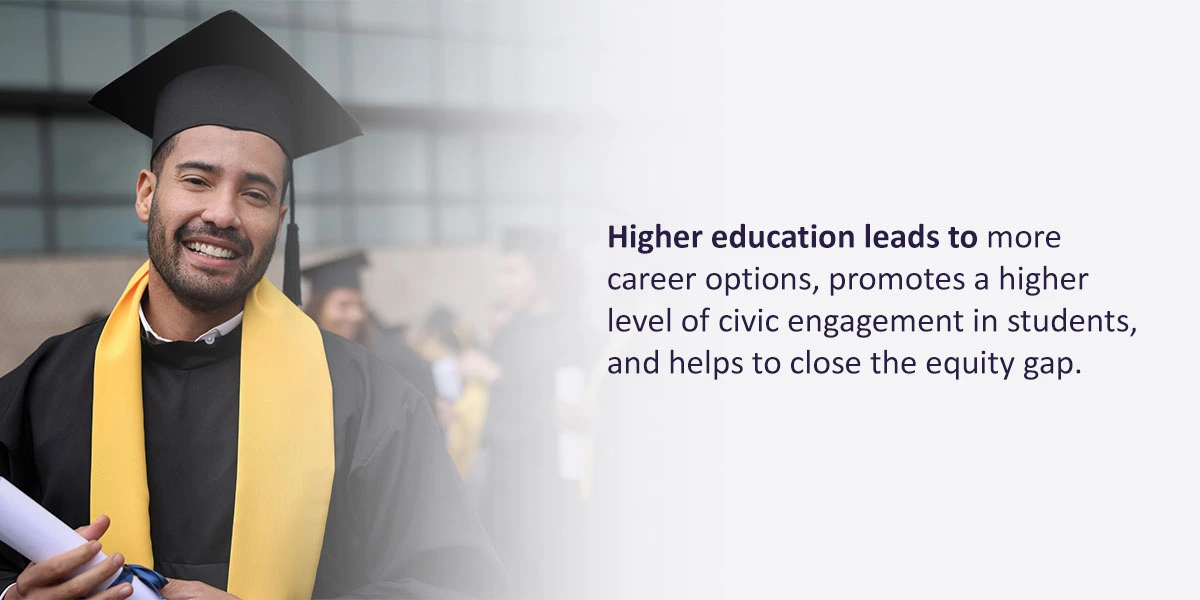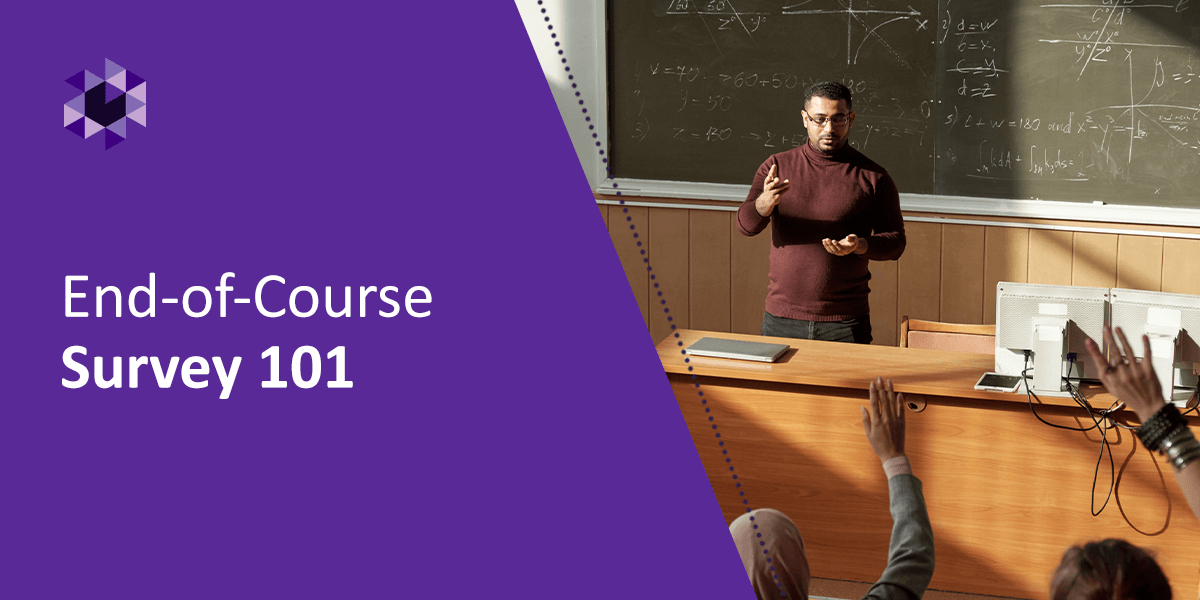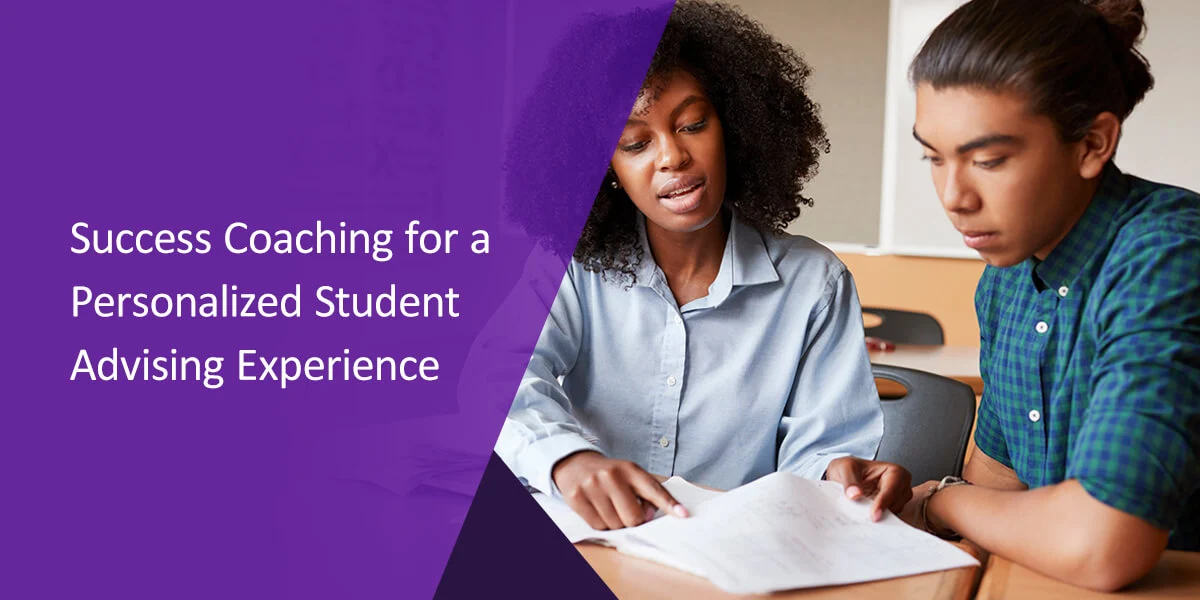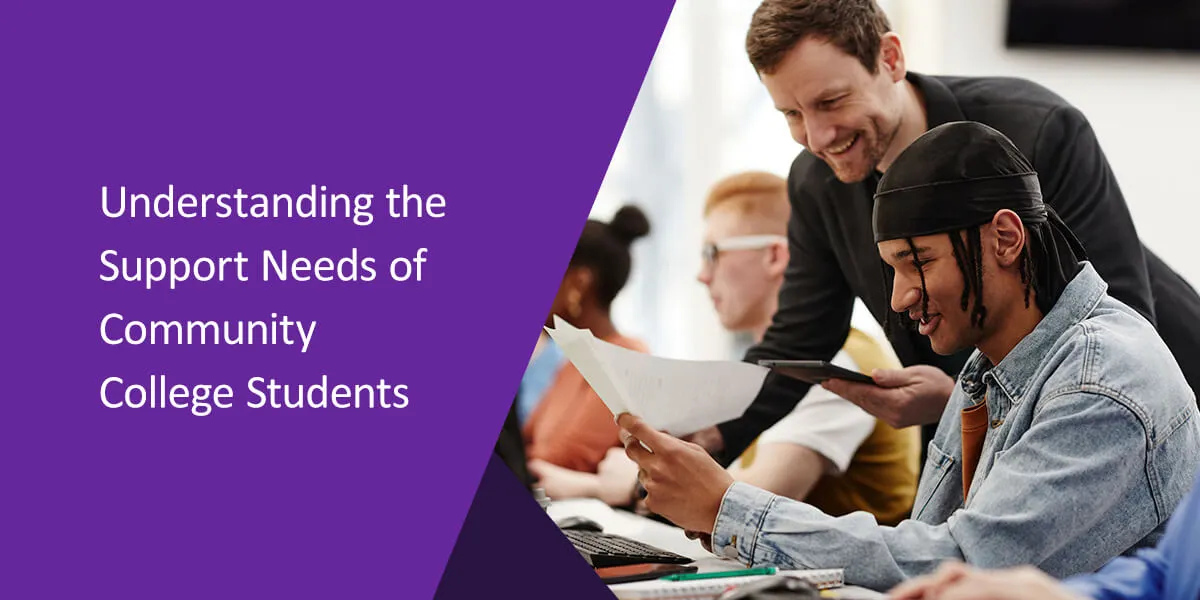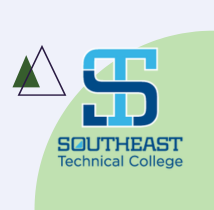




You’re already a steward of student success, but to stay at the top of your game it’s crucial to keep track of emerging trends shaping student success in colleges and universities. In this blog post, we’ll explore 12 higher education student success trends to watch out for in 2024 and their implications for students, educators, and institutions.
The COVID-19 pandemic accelerated the adoption of hybrid learning models, combining in-person instruction with online components. In 2024, hybrid learning continues to be a prevalent trend, offering students flexibility and accessibility while maintaining the benefits of face-to-face interaction. Educational institutions are investing in technology infrastructure and instructional design to optimize hybrid learning experiences, ensuring seamless transitions between virtual and physical learning environments.
There is a growing awareness of systemic barriers and disparities within academia. Many institutions are coming to terms with just how much ground they must make up to provide a more equitable and inclusive learning experience. As a response, institutions are implementing inclusive pedagogies, diversifying faculty and staff, and providing targeted support services to promote equitable access and success for all students, regardless of ability, background, or identity. Utilizing student success software is one way that colleges and universities can prioritize student outreach to ensure they are helping all students achieve academic success.
Data analytics is playing an increasingly significant role in higher education, guiding decision-making processes at institutional and individual levels. In 2024, institutions are leveraging data to track student progress, identify at-risk populations, and personalize interventions to support student success. Predictive analytics and machine learning algorithms help educators identify patterns and trends, enabling proactive interventions to improve retention and graduation rates.
The alignment between higher education and the workforce is a top priority in 2024, with institutions placing a greater emphasis on career readiness and employability. Employers seek graduates who possess not only academic knowledge but also practical skills and competencies relevant to their fields. To meet this demand, colleges and universities are integrating career development initiatives, experiential learning opportunities, and industry partnerships into their curricula, ensuring that students are well-prepared for the job market upon graduation. Institutions are also taking advantage of labor market statistics to evaluate program effectiveness to ensure they are providing the best education possible.
In an increasingly digital world, digital literacy and technological fluency are essential skills for student success in higher education and beyond. In 2024, we observe a heightened focus on integrating technology into the curriculum and equipping students with the skills to navigate digital tools effectively. From coding and data analysis to cybersecurity and information literacy, institutions are prioritizing digital literacy initiatives to empower students with the knowledge and skills needed to thrive in the digital age.
The mental health and well-being of students are paramount concerns in higher education, particularly in light of the challenges posed by the COVID-19 pandemic. In 2024, institutions are prioritizing mental health support services, promoting wellness initiatives, and fostering a culture of compassion and understanding. From counseling services and peer support groups to mindfulness programs and stress management workshops, colleges and universities are investing in resources to support the holistic well-being of their students.
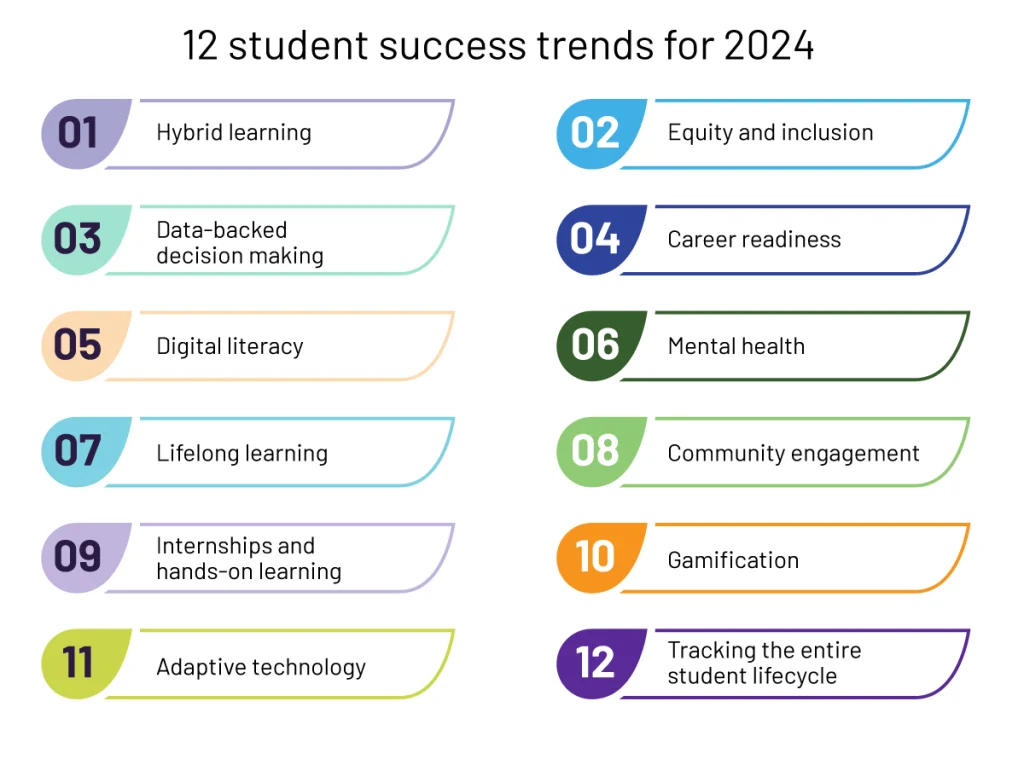
The traditional model of higher education is transforming, with an increasing emphasis on flexible credentialing and lifelong learning opportunities. In 2024, we see a proliferation of alternative credentials, micro-credentials, and stackable certificates that allow students to customize their educational pathways and acquire skills incrementally. Lifelong learning initiatives, including continuing education programs and professional development opportunities, cater to learners at all stages of their careers, promoting continuous upskilling and adaptability in a rapidly changing world.
Higher education institutions are increasingly embracing their roles as drivers of social change and community development. This year there is a growing emphasis on community engagement, service learning, and social impact initiatives that enable students to apply their knowledge and skills to real-world challenges. Through partnerships with local organizations, civic engagement projects, and sustainability initiatives, colleges and universities empower students to become active participants in addressing pressing societal issues and making a positive difference in their communities.
In 2024, there’s a heightened emphasis on experiential learning and internships as integral components of the higher education experience. Recognizing that hands-on experiences are invaluable for skill development and career preparation, institutions are fostering partnerships with businesses and organizations to provide students with real-world exposure. Whether through internships, co-op programs, or project-based courses, students gain practical insights, build professional networks, and enhance their employability.
The incorporation of gaming elements into education, known as gamification, is gaining traction as a strategy to enhance student engagement and motivation. In 2024, we see educators leveraging gamified elements, such as badges, points, and interactive simulations, to make learning more immersive and enjoyable. This approach not only captivates students but also promotes a sense of achievement and progress, transforming the learning experience into a dynamic and interactive journey.
Adaptive learning technologies, powered by artificial intelligence and machine learning, are reshaping how content is delivered and personalized for individual students. In 2024, these technologies analyze students’ learning patterns, adapt instructional content in real time, and provide targeted feedback. This personalized approach caters to diverse learning styles and ensures that each student receives the support they need to succeed. Institutions are integrating adaptive learning platforms into their curricula, revolutionizing the traditional classroom experience.
In 2024 there will be more focus on holistic student success. While boosting enrollment and retention is important, these metrics can be improved by being proactive earlier in the student’s journey. This year many institutions will focus on student success solutions that can support the entire student life cycle — from prospect, to enrollee, to graduate.
The right solution can track student engagement from the first interaction, like meeting at a prospective student day, through the student’s enrollment (and beyond!). Monitoring prospective student interactions creates more personalized recruitment, which in turn boosts enrollment. When that student is actively enrolled, you can use the same system to track their academic performance. This creates the opportunity for more thoughtful engagement if the student begins to struggle because the student’s entire academic story will be recorded in the same place. Post-graduation, the student’s data helps in assessing career service effectiveness and fostering alumni relations for networking and fundraising. At your fingertips, you can easily see a summary of all of the student’s activity — how they found out about your institution, what program they were initially enrolled in, when they enrolled, their academic performance, extracurricular activities they participated in, their graduation date, and more! Overall, using a robust student success solution helps institutions provide targeted support, enhance student engagement, and adapt to evolving needs, contributing to a more effective and responsive educational environment.
It can be challenging to identify the exact moment a student veers off track. To help you improve student success on your campus, Watermark created a student success solution powered by predictive analytics to prioritize student outreach and engage students before it’s too late. Want to support student success on your campus throughout the entire academic lifecycle? Watch our demo of Watermark Student Success & Engagement so you can see firsthand how it can help you improve student outcomes on your campus!





































































